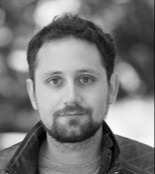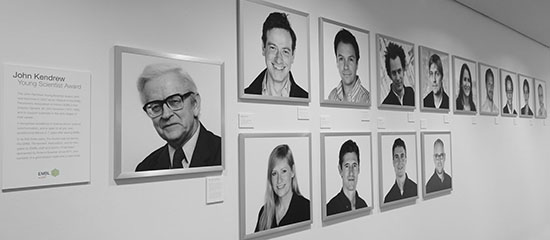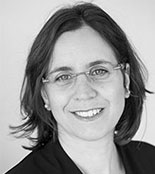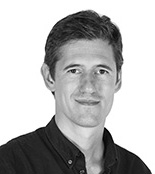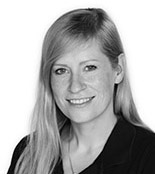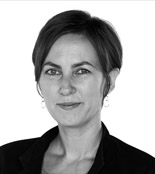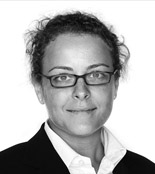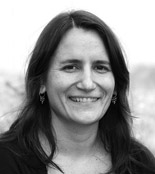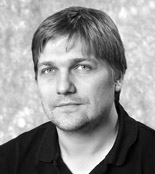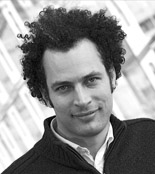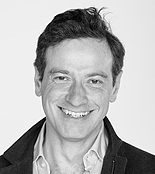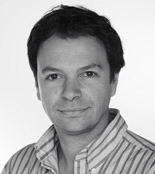About the award
The John Kendrew Young Scientist Award (JKA) was launched in 2007 as an initiative from the EMBL Pensioner’s Association to honour EMBL’s first Director General, Sir John Kendrew (1975-1982), and to support scientists in the early stages of their career. It has been sponsored by Roland Specker since 2011.
The Award recognises excellence in science and/or science communication. It is open to all pre- and postdocs two to seven years AFTER leaving EMBL. The award consists of a gold-plated medal, a cash prize of €15,000 and the logistical costs of bringing the winner to EMBL Heidelberg to present a talk at the Award Ceremony on EMBL Lab Day.
Criteria for applicants
To qualify, candidates should:
- Be former members of the EMBL International PhD Programme (EIPP) or postdoctoral fellows.
- Be registered members of the EMBL Alumni Association (EAA).
- Have left EMBL two to seven years before the application deadline. The 2026 award is open to former members of the EMBL International PhD Programme (EIPP) or postdoctoral fellows who left EMBL between 2018-2023. (The eligibility period can be extended beyond seven years in specific cases – for example for parental leave or sickness).
Please note that we do not encourage joint applications, but outstanding collaborative achievements may be considered.
If your application is unsuccessful in a given year, it can be resubmitted in the subsequent years that you are eligible. We also welcome nominations for the award by any member of the EMBL community. Nominees will be contacted by the EMBL Alumni Relations Office.
EMBL supports fair and responsible research assessment, which includes its alumni awards processes. We recognise a range of research outputs including publications, open data sets, databases, code, software, pre-prints, patents, commercial products, instruments, clinical practice developments, educational products, policy publications, and any other relevant outputs. We discourage inappropriate use of proxies such as journal impact factors, and value research outputs based on their intrinsic merit. EMBL is a signatory of the San Francisco Declaration on Research Assessment (DORA).
How to nominate and apply
Nominations for the 2026 John Kendrew Award are now open.
To nominate someone, please email the Alumni Relations team by 29th August 2025 with the name and contact details of your nominee. We will then contact the nominee and provide them with the application form.
To apply yourself, please complete the application form by 29th September 2025.
If applying yourself, please ensure your CV is no longer than 3 pages. If listing publications, please list only the 10 most relevant.
